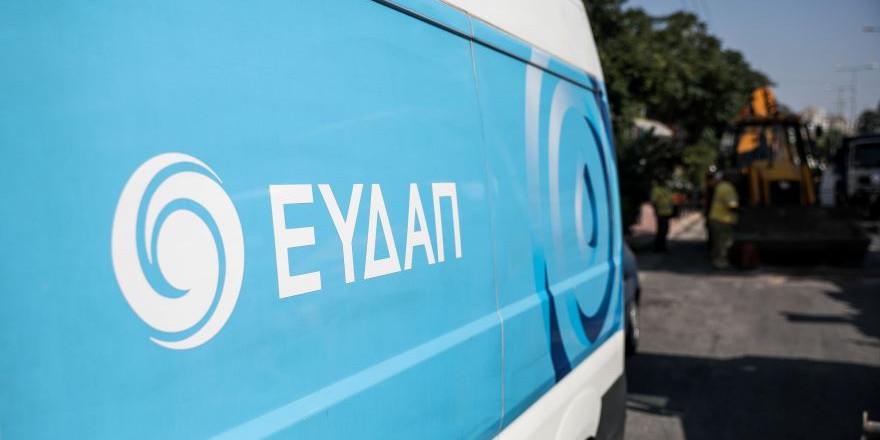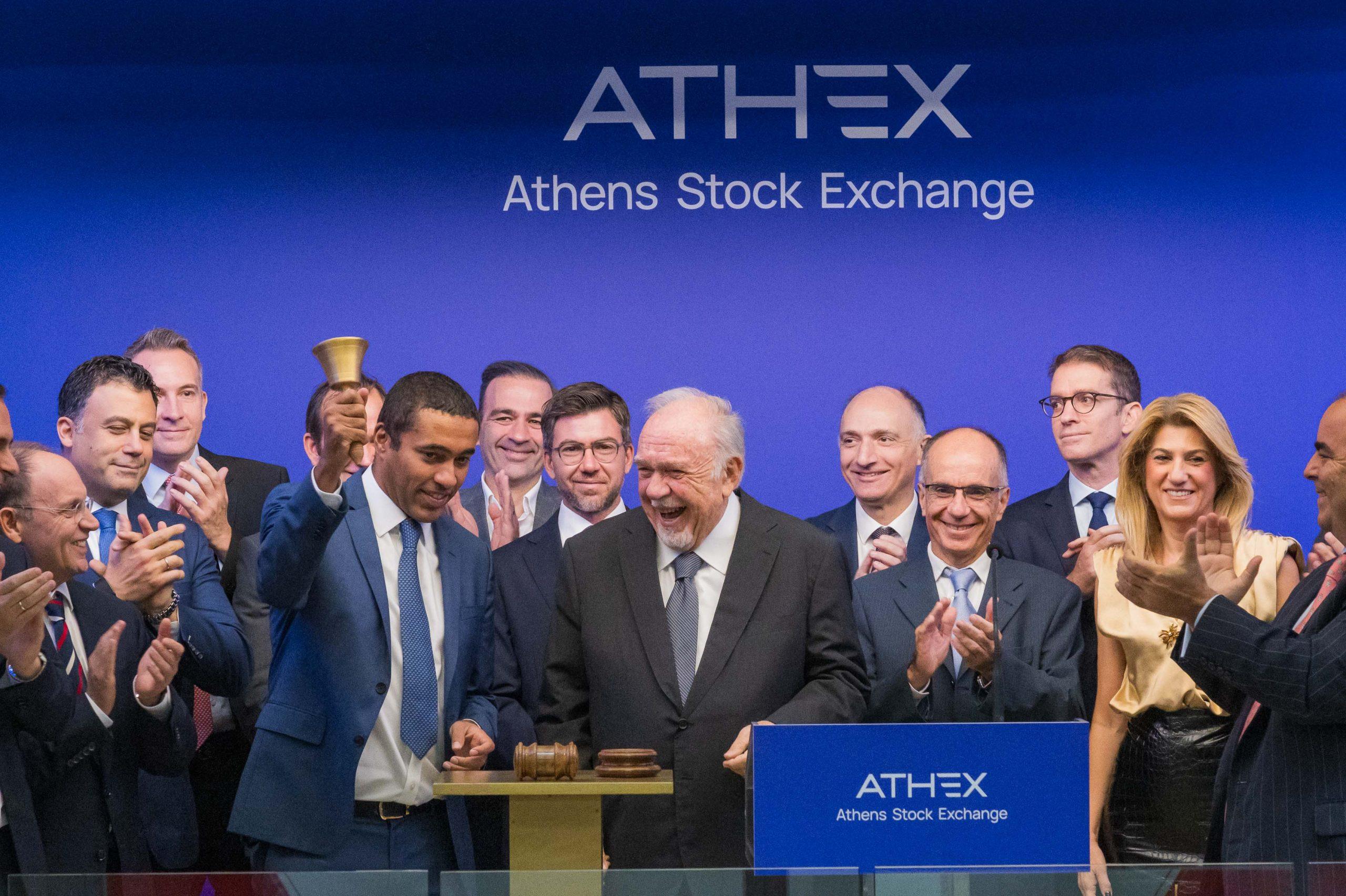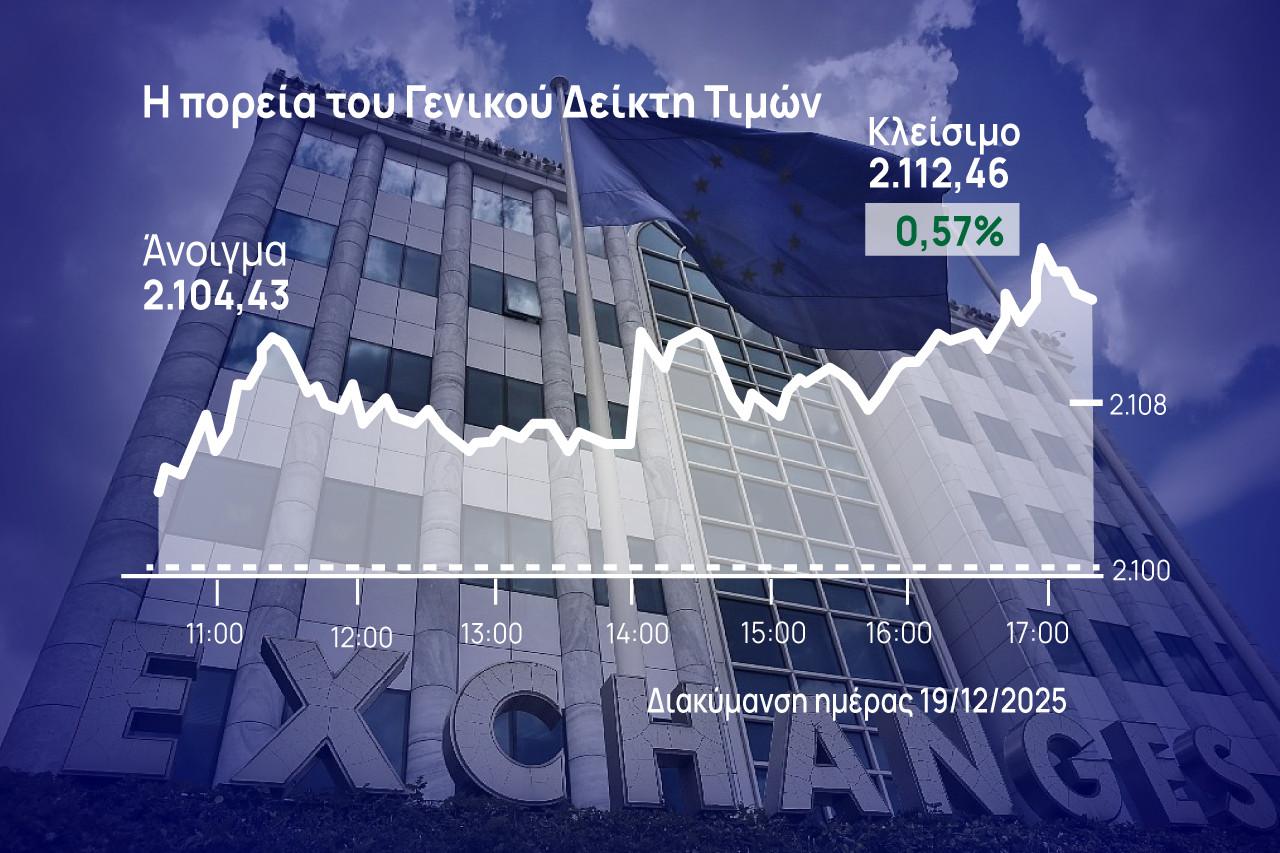A recent survey conducted by the European Central Bank (ECB) among 46 large non-financial firms has revealed that the European labor market has undergone significant changes in its characteristics compared to the pre-pandemic period.
These key changes include difficulty in finding skilled employees, employment growth, decline in productivity, a reduction of working hours, a drastic increase in remote work and the use of generative artificial intelligence (AI), in the workplace.
The majority (90%) of the companies participating in the study, said that finding employees has become more difficult compared to 5 to 10 years ago, with most citing a lack of skilled workers while about 50% stated that there is a general labor shortage, regardless of skills level. 60 % of the companies admitted that attracting skilled employees has become more difficult due to wage levels.
More than one in three respondents noted that their companies prefer to retain employees when business conditions worsen, and nearly all attributed this to the anticipated difficulty of finding staff when the business environment improves. About half of the companies, however, believe there are other reasons for maintaining their employees.
One in three companies cited upcoming retirements as a major factor, while profitability allows them to keep their employees. One in five companies noted that the reduction in real wages was an incentive for maintaining employment.
It is worth noting that over 80% of the participant companies confirmed the wide use of remote work, citing it as an option that helps them attract employees. Furthermore, around 50% of the respondents agreed that remote work allows them to reduce office space and related operational costs. Conversely only one in four companies said that remote work lowers wage demands.
Regarding the use of generative AI, nearly three in four of the study participants stated they already use it, citing improvement of employee access to information as a primary reason, with over 90% of the companies considering it very important. Finally, it should be noted that around half the companies see the reduction of staff as a significant incentive for using artificial intelligence.
Source: tovima.com














![Airbnb: Πρόταση για σύσταση ταμείου για τη στεγαστική κρίση [πίνακας]](https://www.ot.gr/wp-content/uploads/2025/11/airbnb.jpg)

























